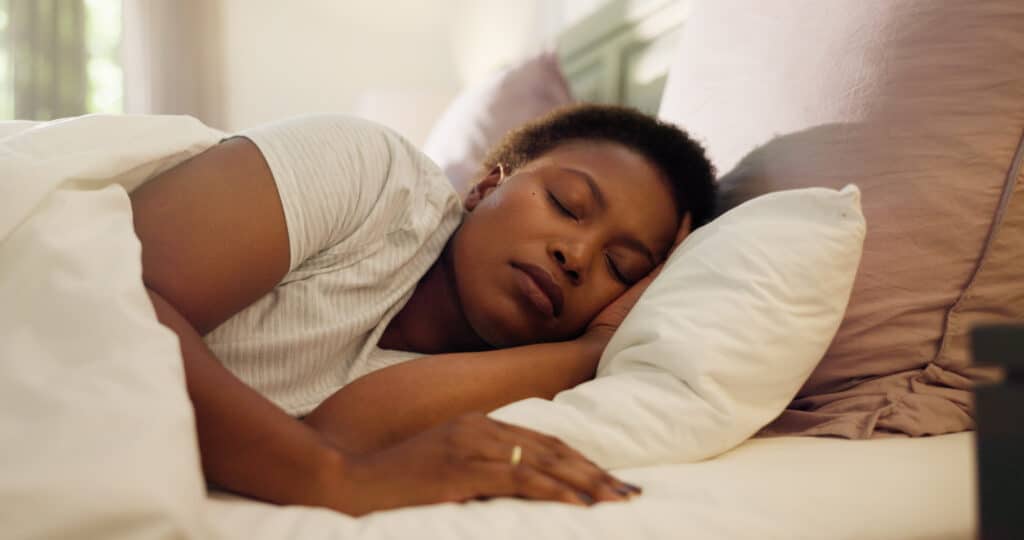The mental health of children and teens has been a growing concern in recent years. From pandemic-related stress and disruption to the impact of social media, there’s plenty of blame to go around. Yet parents with children of all ages, especially young adults, can feel helpless.
After all, while parents may have control over some things—what’s for dinner, what household help is expected, how much financial support to provide—you can’t stop the anxious thoughts in your child’s head.
A better approach? Focus on your mental health, says the Centers for Disease Control. Research shows when parents and caregivers say their mental health is poor, their children are more likely to have poor mental or physical health.
Think about how you’d rate your mental health. If the answer is, “not so good,” try not to feel guilty about what you haven’t done. Instead, be gentle with yourself. Remind yourself that you’ve done the best you could.
Then look forward and consider what you could do to better care for your mental health. Could you call or text a friend? Carve out time for exercise or fresh air? Have you been told (or do you suspect) that you have a mental health condition that would benefit from treatment? If so, what’s holding you back?
There are lots of reasons that people don’t get help for mental health symptoms. Sometimes it’s fear, stigma, or even the difficulty of getting to medical appointments. Sounds familiar? Freespira is a treatment for panic attacks and PTSD symptoms that doesn’t require a doctor’s visit or taking pills. It can be completed at home in just 28 days for fast symptom relief.
Try our online screener to see if Freespira is right for you or a loved one.



